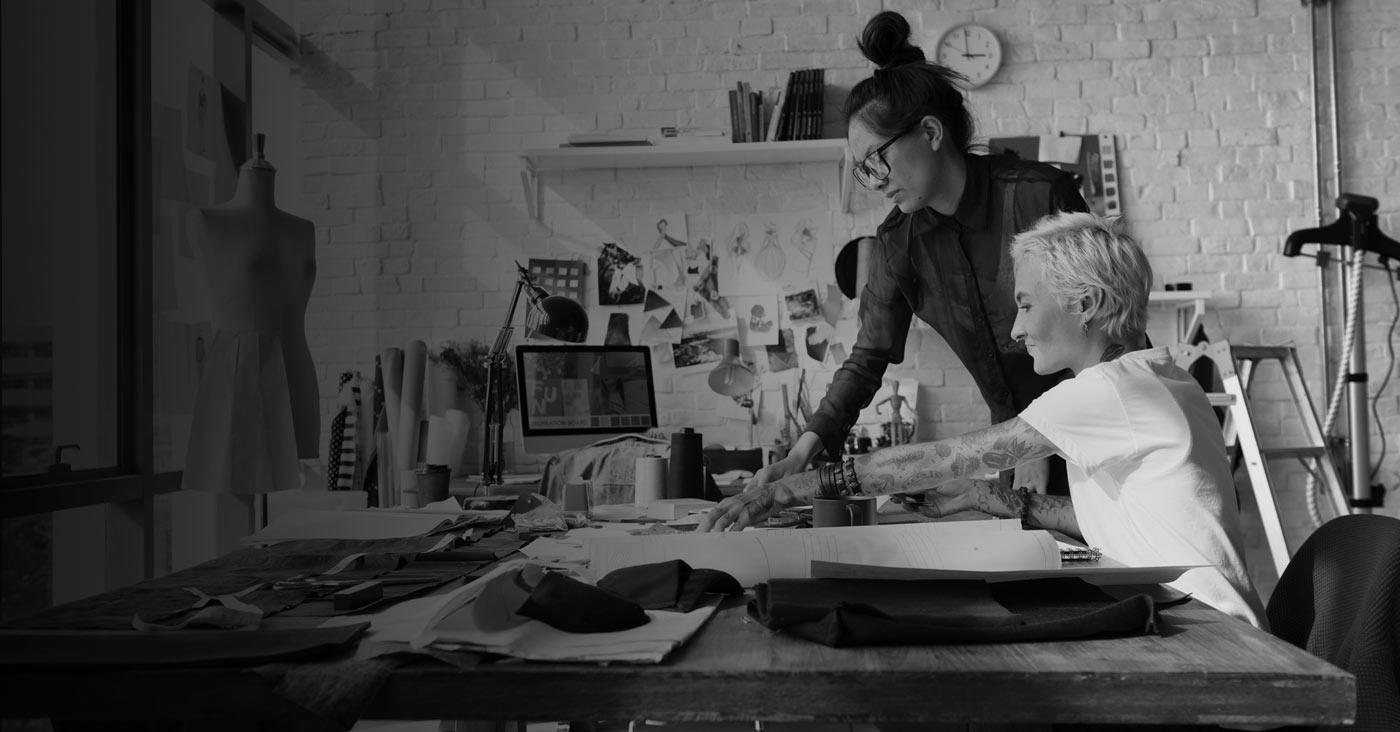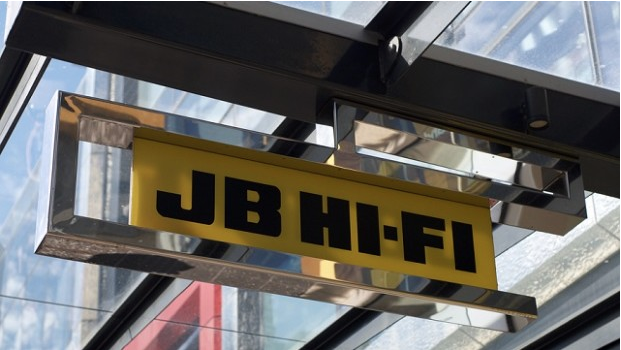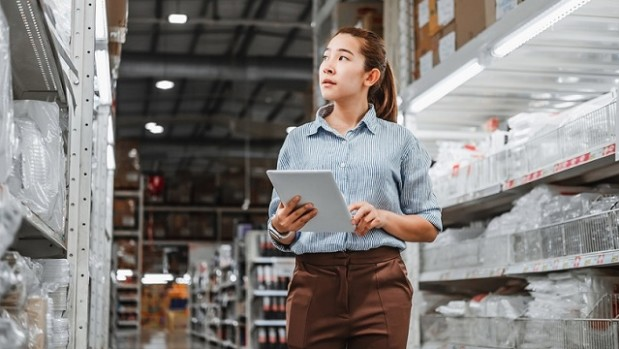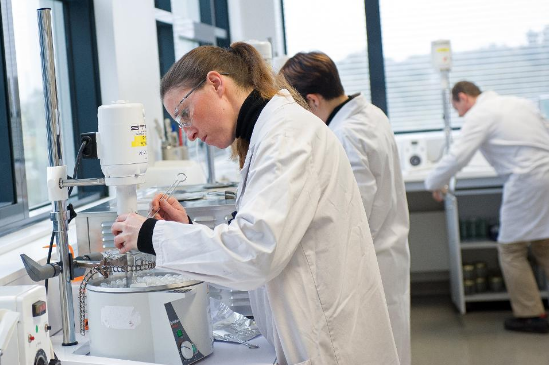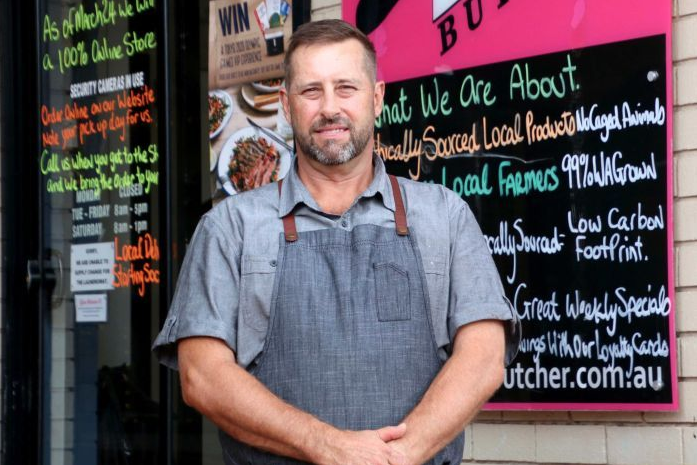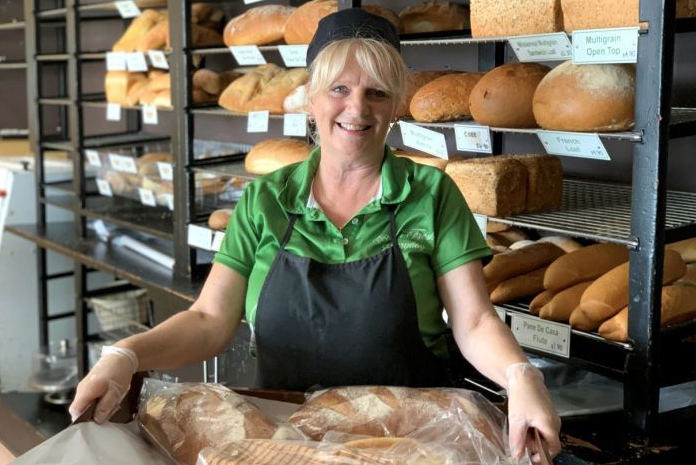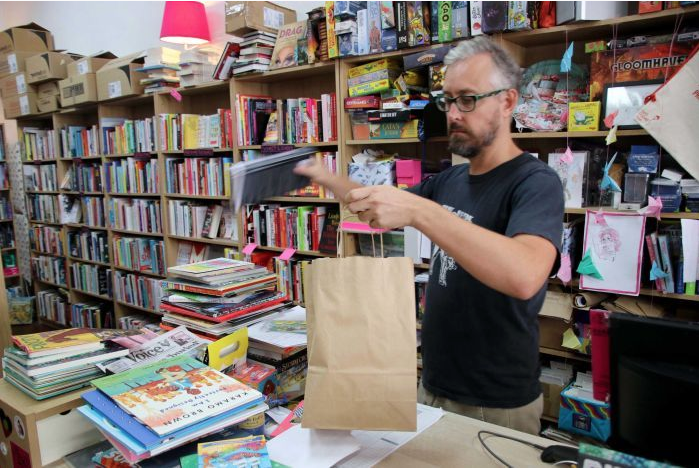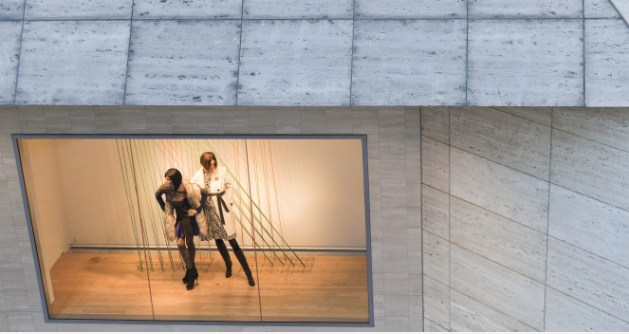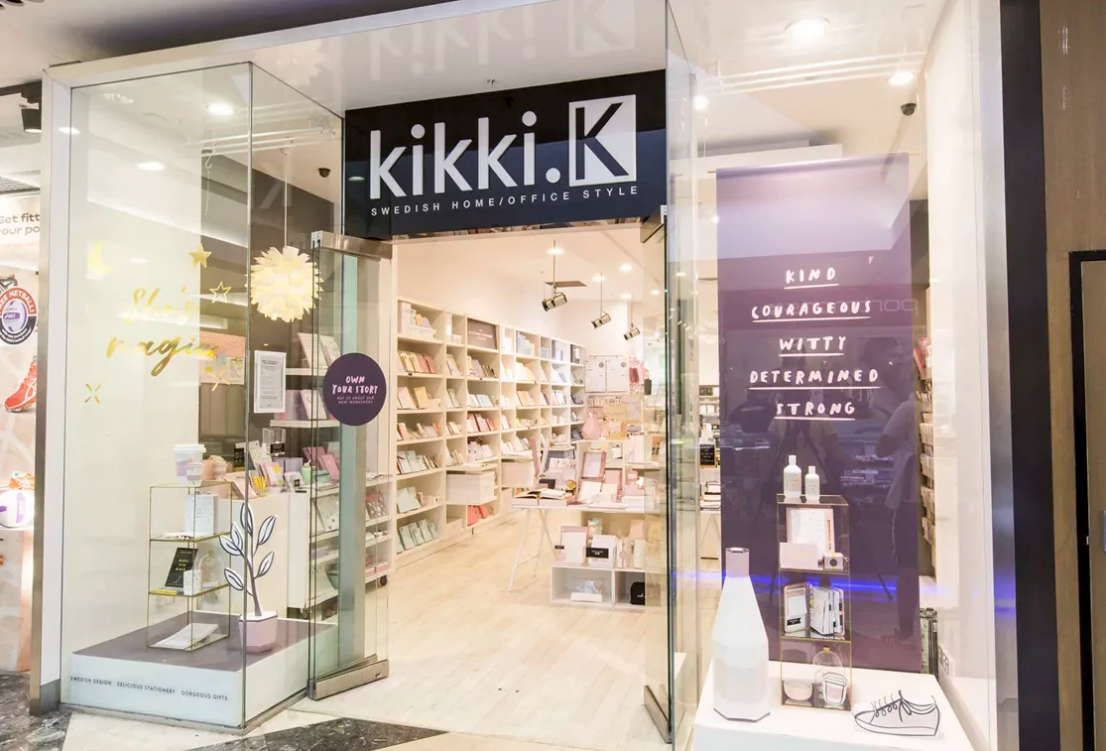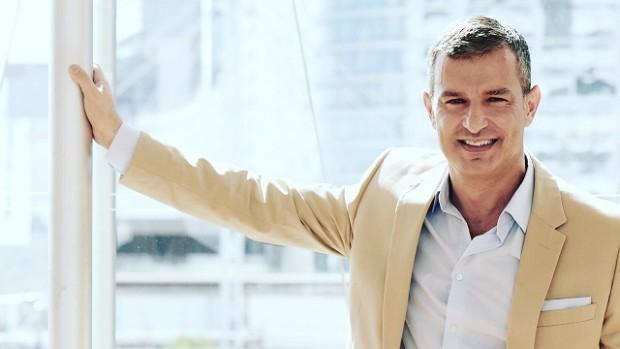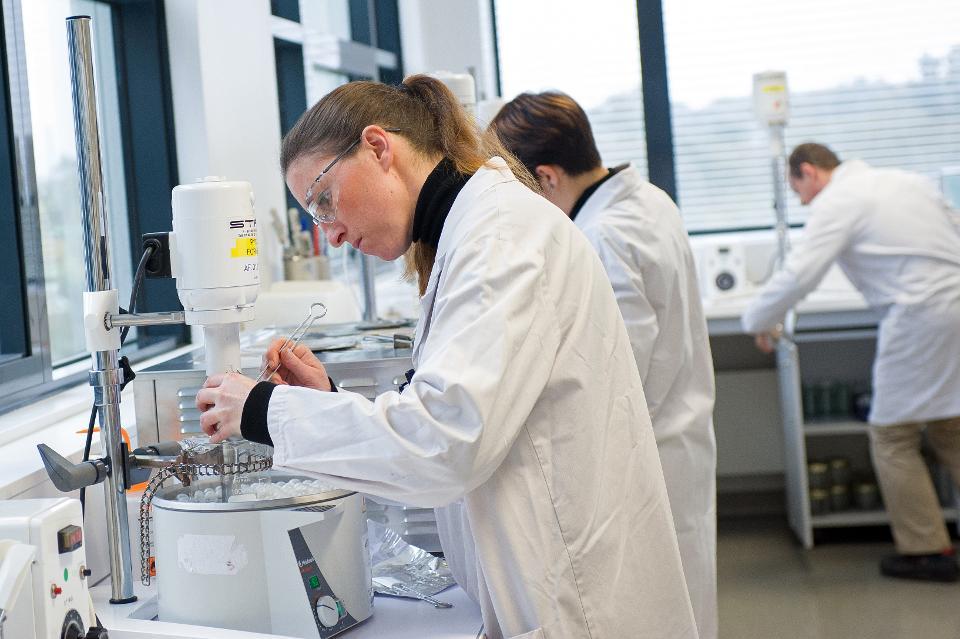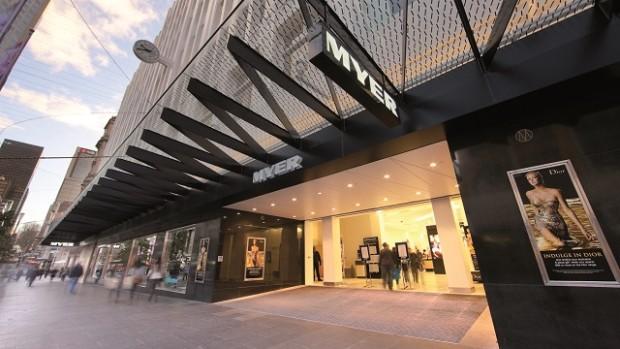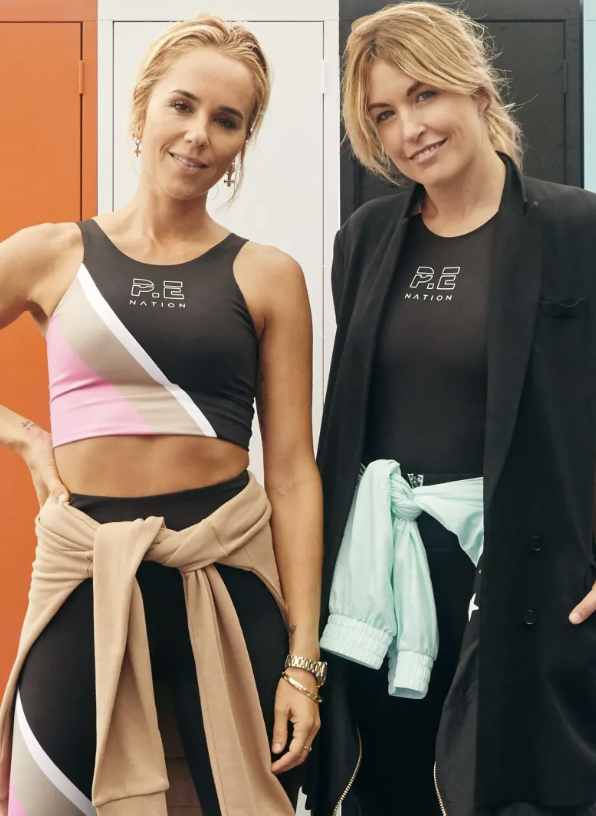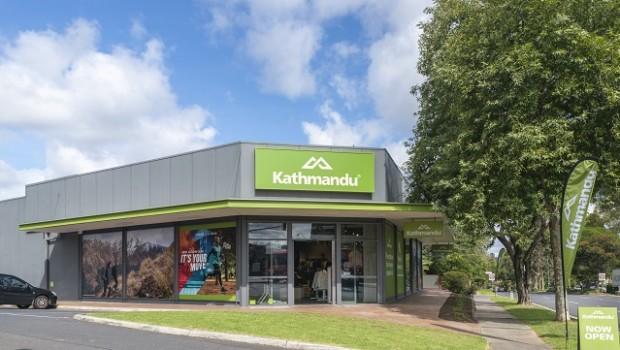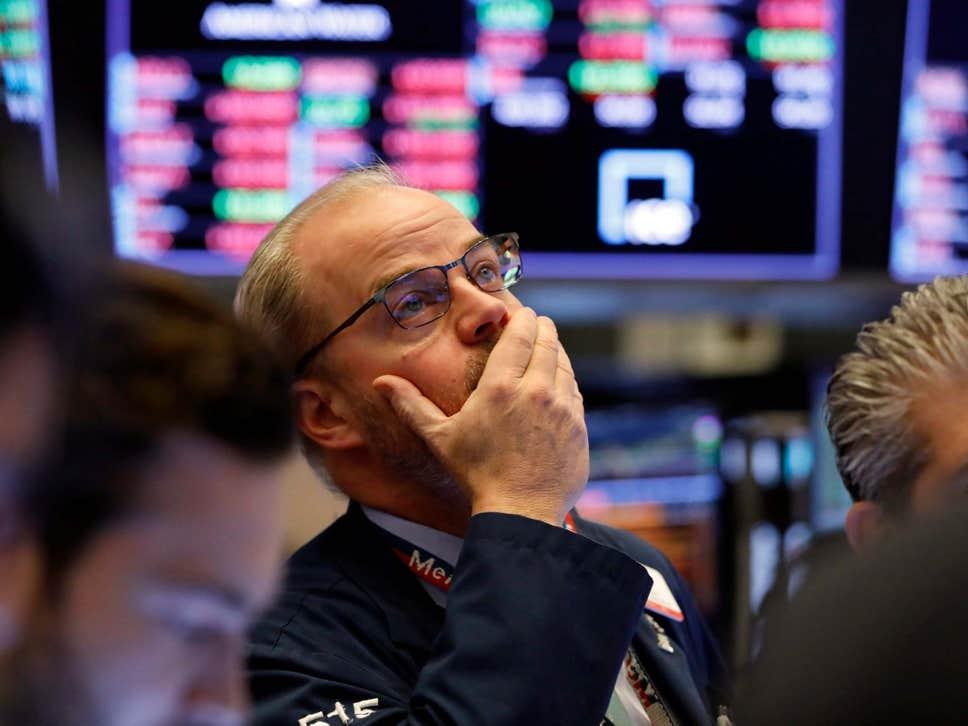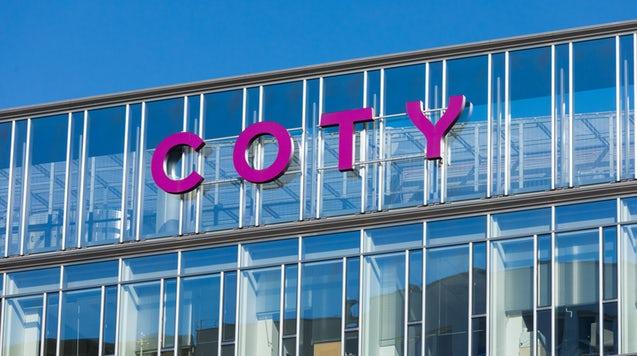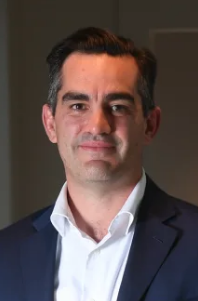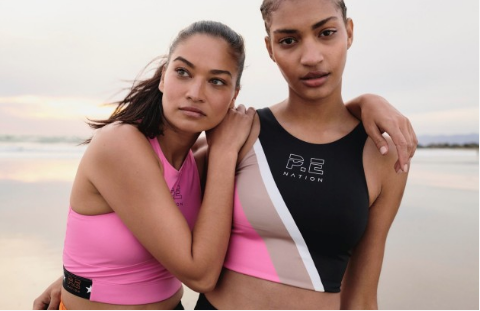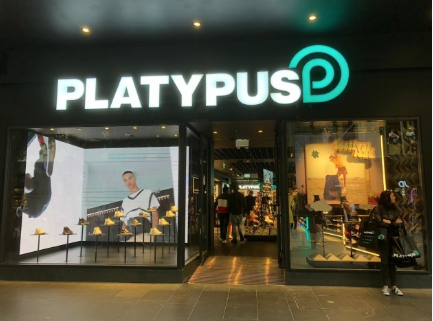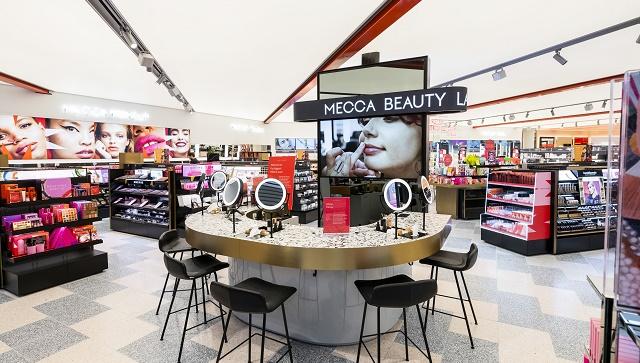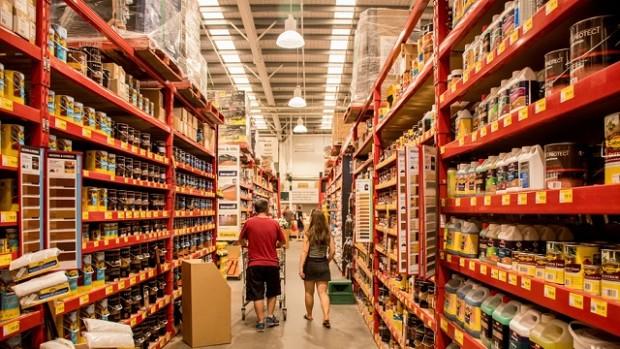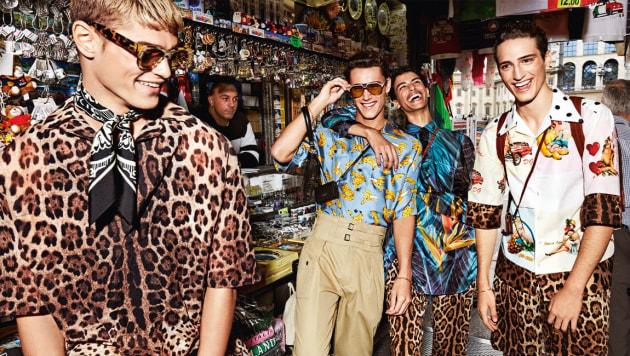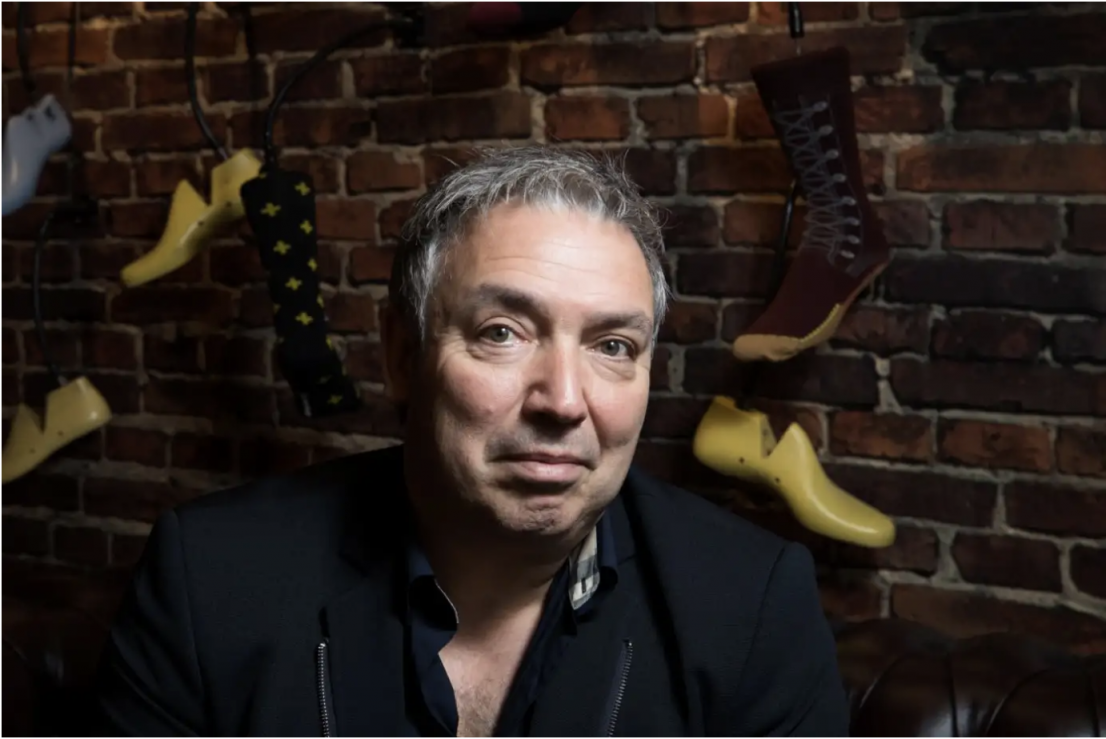
Major retailers have called on the Morrison government to order a total shutdown of all non-essential stores and services including shopping centres or risk causing more damage to a sector already struggling to stay afloat.
Premier Investments, footwear retailer Accent Group, jewellery chain Lovisa, menswear retailer Retail Apparel Group and APG & Co, which owns Saba, Sportscraft and Jag, have joined Michael Hill and Mosaic Brands in closing all their Australian stores.
The federal government has been reluctant to date to order the closure of all non-essential services in an attempt to protect parts of the economy.
But a growing number of discretionary retailers are taking the matter into their own hands to protect staff and customers and after seeing a sharp slump in foot traffic. Traffic in shopping centres fell 46 per cent year-on-year last week, according to ShopperTrak data, as consumers heeded the government's advice to practice social distancing.
Some retailers, including Premier, Accent, Lovisa and Mosaic Brands, which owns Noni B, Katies and Millers, say they won't pay rent on shuttered stores, adding to pressure on landlords to provide rent relief.
"How can we have people walking around shopping centres that have potentially got the virus – it's just irresponsible," said Daniel Agostinelli, the chief executive of Accent Group, which is shuttering all 522 Platypus, Hype and Athletes Foot stores and standing down about 4500 staff.
"To me it's absolutely irresponsible the shopping centres are still open," Mr Agostinelli said. "I'm absolutely amazed that is not being done, given the advice to the public."
"We would support a full lockdown of shopping centres," said Lovisa chief executive Shane Fallscheer, who is closing Lovisa's 155 Australian stores and standing down about 800 full and part-time staff.
Lovisa stores are now temporarily closed in eight countries – Australia, New Zealand, South Africa, France, Spain, Malaysia, the US and the United Kingdom.
The retailer has stood down all store staff in markets that have closed and is cutting jobs at support centres around the world through a combination of temporary stand-downs and redundancies. The retailer suspended its 15¢ a share interim dividend to save $16 million in cash and increased and extended its financing facilities for a further three-year term.
"I would have preferred a total lockdown,'"said Alceon Retail director Richard Facioni, the chairman of Mosaic Brands, which has closed almost 1400 stores and stood down almost 7000 employees.
"My sense is the government is doing everything they can to avoid total lockdown and doing everything they can to preserve parts of the economy – they'll only want to go to the next step if they absolutely have to," Mr Facioni said.
"What is happening is the retailers are making the decision for the government – as each retailer shuts there is less of a reason for customers to go to these centres – it's a self fulfilling prophecy," he said.
No choice
Premier Investments chief executive Mark McInnes said the retailer had no choice but to temporarily close all of its 900-odd retail stores in Australia for four weeks until April 22 and stand down about 7000 staff. Premier's entire executive team has also been stood down and will work from home with either no pay or reduced leave entitlements.
Premier, which owns Smiggle, Dotti, Peter Alexander, Just Jeans, Jay Jays and Jacqui E, has also been forced to close all stores in New Zealand, the United Kingdom, and Republic of Ireland. Globally, the store closures will impact over 9000 employees.
"This is the hardest decision ever made by Premier – our team are our family and we want to do everything we can to keep them employed," Mr McInnes said, "but we believe that it is necessary and the right decision for them, their families, our customers, and the country."
In an escalation of its long-running fight with landlords, Premier said it would not pay any rent globally for the duration of the shutdown. In Australia and New Zealand, almost 70 per cent of its stores are already in holdover or with leases expiring in 2020, strengthening the retailer's negotiating position.
"Everyone in the value chain is having to endure some pain," said one retail analyst, who declined to be named.
"The banks seem to understand they have a social licence (to operate), the landlords don't seem to recognise they have a social licence," he said.
Citigroup analyst Bryan Raymond said in a sales environment where foot traffic is down 20 to 30 per cent, closing stores would reduce cash burn, compared to staying open and paying staff and rent.
"[Premier's] staff and rents costs accounted for $527 million in 2019 (42 per cent of overall group sales), and should provide Premier enough headroom to withstand weaker trading conditions in the coming months, particularly given their strong balance sheet," Mr Raymond said.
Super Retail suspends dividend
Super Retail Group's Supercheap Auto, Rebel, BCF and Macpac stores in Australia continue to trade but it has been forced to close 81 Supercheap and Macpac stores in New Zealand, which accounts for about 7 per cent of annual revenues.
As reported earlier this week, the retailer considers itself an essential services retailer because it sells products such as hand sanitisers and wipes, batteries, water filters and water-purifying products, portable gas and fuels, and supplies local governments and emergency services.
The outdoor leisure and sporting goods retailer was hit hard by the bushfires but has enjoyed strong sales growth in the last five weeks, with same-store sales at Supercheap Auto up 7.5 per cent, Rebel up 1.6 per cent and Macpac up 5 per cent, offsetting a 3 per cent decline in sales at BCF stores. This lifted total sales growth for the year to date to 2.7 per cent. Gross margins had also held up.
But the company has cancelled its interim dividend to save $43 million cash and has secured a new $100 million banking facility with ANZ Bank to provide more financial flexibility.
"While the business has performed solidly over the year to date period, the outlook for sales for the balance of the year is now highly uncertain," said chief executive Anthony Heraghty.
The COVID-19 crisis may also be the final nail in the coffin for accessories retailer Colette by Colette Hayman, which fell into voluntary administration last month. The administrators closed 33 underperforming stores last month in an attempt to lure buyers and have now been forced to close the remaining 105 stores.

